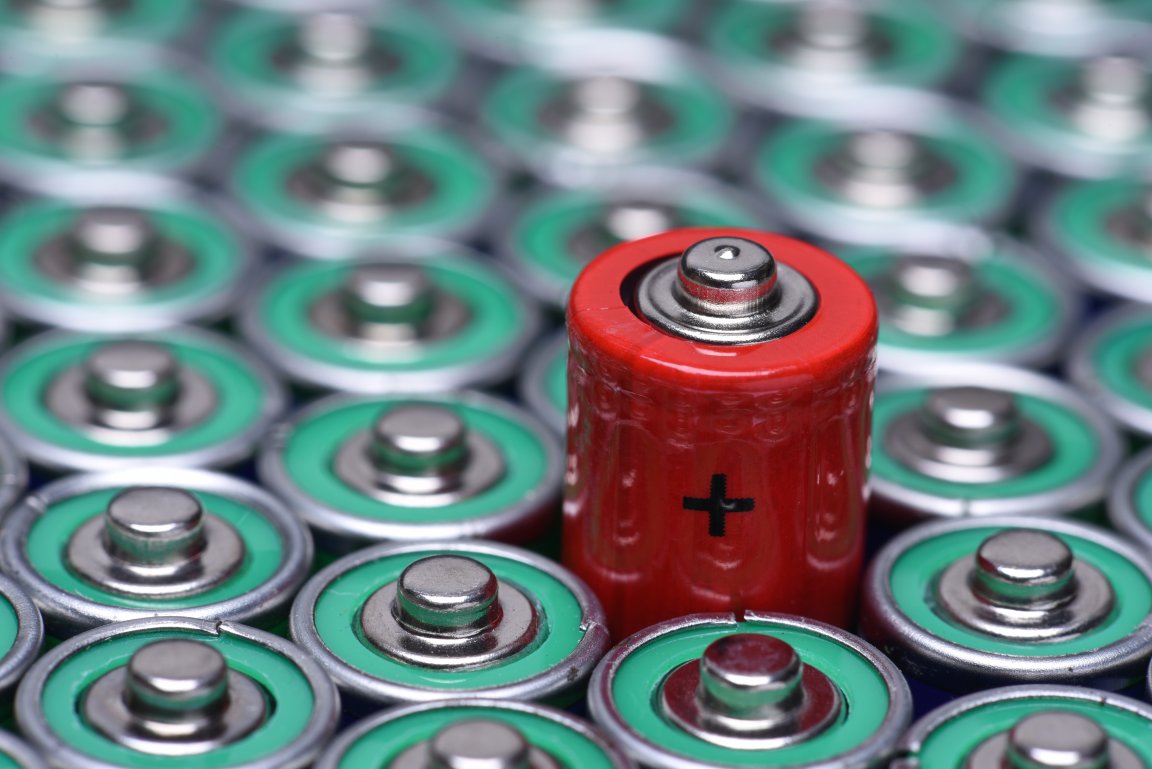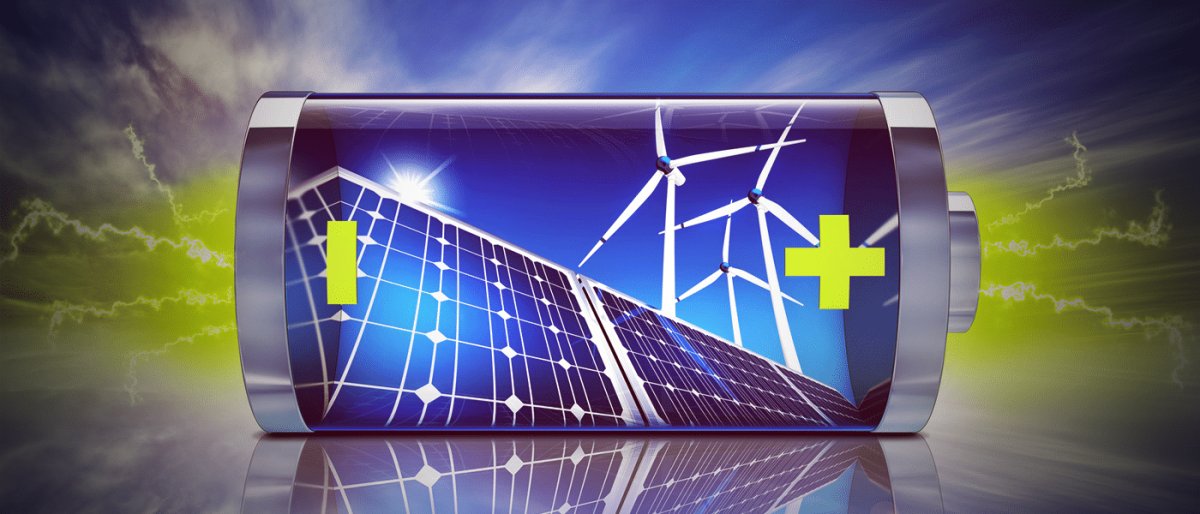
Flow Batteries
Researchers have discovered a way to make the promising flow battery much more practical. Flow batteries store energy in liquid-filled tanks. Prior to this most recent discovery, flow batteries, after a number of charge-discharge cycles, would suffer from rapid storage capacity degradation.

In order to overcome the degradation hurdle, the researchers from the Harvard John A. Paulson School of Engineering and Applied Sciences (SEAS) modified the structure of molecules in the solution to make them water soluble. This allowed for the electrolytes to be dissolved in neutral water, creating a battery that only loses one percent of its storage capacity every 1000 cycles. According to the official press release, the battery is able to run for ten years with only a minimum amount of upkeep.
Unlike other battery liquids, the solution in this new flow battery is both non-toxic as well as non-corrosive. Spilling it on skin or on the floor causes no injury or property damage.

Cleaner is Closer to Cheaper
Any innovations in energy storage will only continue to help renewable energy to become as, if not more, of a viable power source. The US Department of Energy (DOE) has stated that building a battery with the capacity to store energy for less than $100 per kWh would make clean energy from sources like the sun and wind on par with traditional power plants. Imre Gyuk of the DOE stated, “I expect that efficient, long duration flow batteries will become standard as part of the infrastructure of the electric grid.”
Better batteries are a key component in realizing the full potential of renewable energy. As can be seen with the opening of the first Powerpack station in California, battery storage can help ease the burden of demand on a grid during peak usage times. Developments like this that improve batteries will lead to the use of fewer fossil fuels and decrease overall dependence on environmentally damaging sources of power generation.